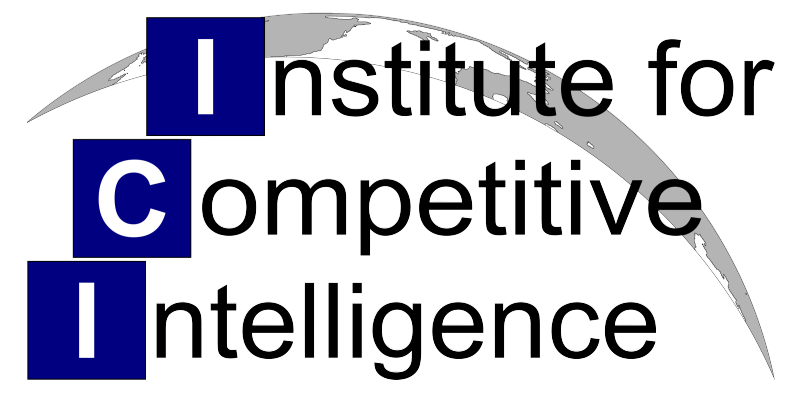Unlocking Success: The Vital Role of Knowledge Management in Competitive Intelligence

Jonathan Gordon-Till, Principal at Oxford Business Intelligence LLP, is a seasoned strategist specializing in knowledge management. With over 25 years of experience at the crossroads of knowledge management, information management, competitive intelligence, and library science, Gordon-Till has left an indelible mark.
 ICI: Jonathan, can you briefly explain why knowledge management is crucial for CI professionals?
ICI: Jonathan, can you briefly explain why knowledge management is crucial for CI professionals?
Jonathan Gordon-Till: Absolutely. Within the realm of competitive and market intelligence, there exist six critical pillars. Among these, knowledge management stands out as an indispensable foundation for success.
- Information Aggregation and Synthesis:
- Competitive intelligence involves collecting data from diverse sources: market trends, competitor activities, customer insights, and more.
- Knowledge management ensures systematic organization and synthesis of this information.
- Timely Access to Insights:
- In today’s fast-paced business environment, real-time data is abundant.
- Effective knowledge management provides context, helps to create actionable insights, and to deliver them promptly to decision-makers.
- Competitor Profiling and Benchmarking:
- Detailed competitor profiles serve as the foundation in CI and MI.
- Companies can benchmark their own performance against competitors, identifying gaps and areas for improvement.
- Knowledge management systems house competitor data, including their strengths, weaknesses, and strategies. Search tools and applications like generative AI make extraction of relevant information much more efficient.
- Identifying Threats and Opportunities:
- SWOT analysis is integral to CI.
- Knowledge management helps professionals spot threats and opportunities early. Weak signals can be recognized. By drawing from past experiences and documented knowledge, they can anticipate threats and strategize effectively.
- Collaboration and Cross-Functional Insights:
- Competitive intelligence is a team effort, not a solo pursuit.
- Collaboration across teams and departments is essential.
- Knowledge management facilitates sharing insights, best practices, and lessons learned. Cross-functional collaboration enhances the quality of competitive analysis.
- Innovation and Adaptability:
- Dynamic markets demand agility.
- Knowledge management enables professionals to track industry shifts, emerging technologies, and disruptive trends. Armed with this knowledge, they can drive innovation and adapt their strategies proactively.
Effective knowledge management empowers competitive intelligence professionals to navigate complexities and make strategic choices based on solid evidence.
Related Events:
Want to stay informed?


